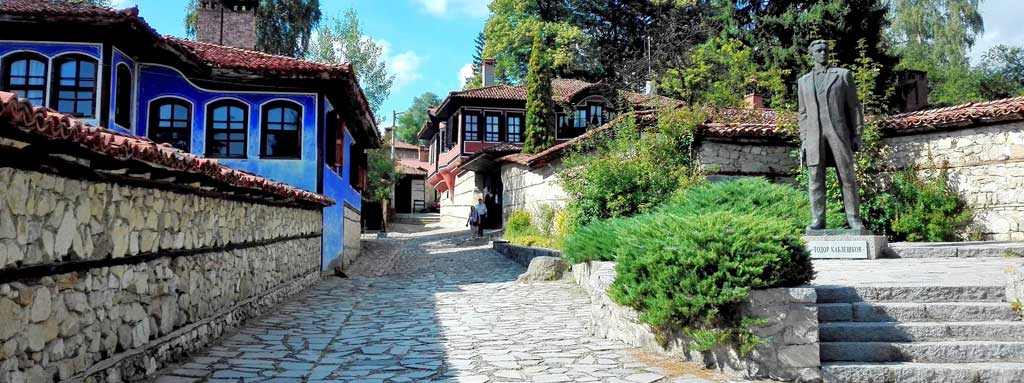
Bulgaria is a small and versatile country, located in Southeast Europe, which is surrounded by Greece, Turkey, Romania, Serbia, North Macedonia and the Black Sea. A land rich in history, culture and biodiversity, it is a member state of the European Union, NATO and the Council of Europe. This is the country you’ll find yourself in after moving to Bulgaria – a thrilling and enticing mixture of pluses and minuses… Welcome!
You may have heard about Bulgaria’s stunning nature, superb weather, cheap goods and housing, slow living lifestyle, fresh and delicious food, and hospitable people – perhaps these are some of the reasons why you have chosen to settle here. Yes, these epithets describing the country are all true. However, depending on your expectations, point of view and goals that drove you to come and live here, you may come across a certain mismatch.
Truly, Bulgaria boasts a breath-taking, diverse natural environment and gripping culture, and Bulgarians take pride in them both. Majestic mountains, enchanting seaside, fragrant forests, valleys and plains, spectacular gorges, crystal clear lakes, wild rivers, 225 mineral springs and around 4,500 caves – you name it – the country has some of the largest Natura 2000 areas in Europe. Its biodiversity is one of the richest in the continent.
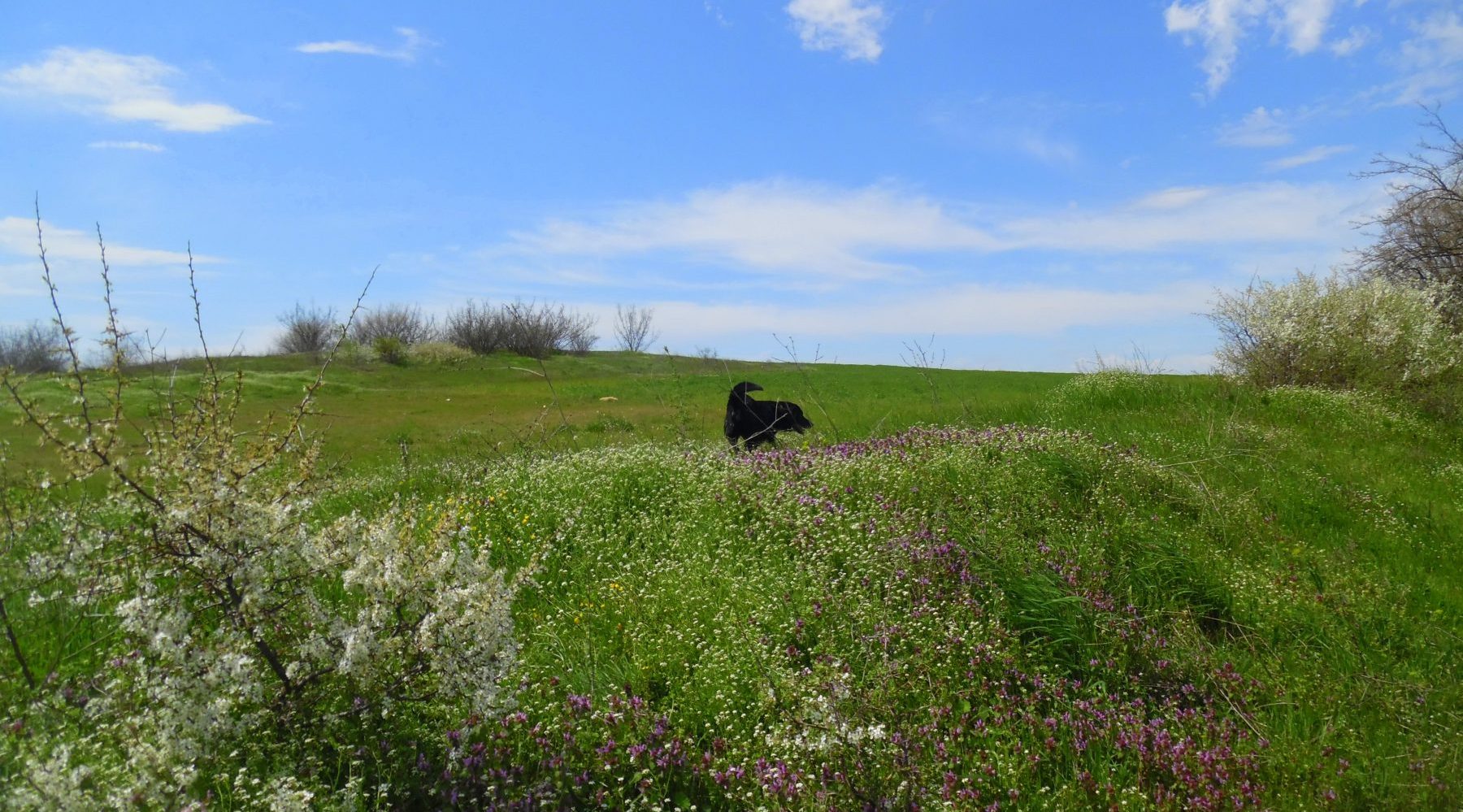
In terms of culture, Bulgaria has a great deal to offer, too. It has given the world the Cyrillic script: based on the Early Cyrillic alphabet, developed at the Preslav Literary School in the First Bulgarian Empire, 9th century AD and used as the national writing system in various other countries, it became the European Union’s third official written language upon Bulgaria’s accession in 2007.
The country has plenty of archaeological sites on its territory; in fact, local archaeologists presume their number is the third largest (after Italy and Greece) in Europe. UNESCO has listed seven cultural World Heritage Sites in Bulgaria, along with seven cultural practices and traditions as intangible cultural heritage and good safeguarding practices. When relocating to Bulgaria you’ll be glad to know that you can feel quite safe here – mainly from evil spirits when in the company of kukeri (dancing “chasers of evil spirits” wearing goat pelts, terrifying wooden masks and noisy bells on their belts)! Oh, yes, Bulgarians can be brave, and some of them are brave enough to walk and dance barefoot on fire – well, on smouldering embers. Undeniably, the country has some exciting rites and traditional festivals that may leave you awestruck. All rituals are typically accompanied with the remarkable Bulgarian folk music, characterized with unique asymmetrical rhythms (the rhythm is split in short and long beats), harmony and vocal production.
Indeed, for its humble size (110,994 square kilometres), Bulgaria has a tremendous variety of things that would hold your interest, including its changeable climate. You can take delight in warm springs, hot summers that are perfect for sea and mountain holidays, snowy and biting winters, and pleasant-to-cool autumns. Despite having varying and stimulating weather conditions, though, you will hear Bulgarians complaining about them: ‘It’s freezing! It’s not normal! It’s too hot, it’s not normal!’ (It is never normal, although the weather has always been like that).
Perhaps, this is just small talk. Or maybe, Bulgarians simply tend to grumble from time to time, surely among friends and acquaintances over rakia, shopska salad and kebapche, kufte or some offal on the side, and particularly about the government and the corrupt institutions (as in every part of the world, here also there is corruption). When it comes to action, though, Bulgarians are somewhat reluctant, believing it would be pointless. Without doubt, these are a very patient and enduring people – we have managed to survive Byzantine, Ottoman and Communist rule (not without any damage), and still find the strength to smile.
When we face adversities we take comfort not only in strong drinks and friendly gatherings (we love visiting friends and inviting them over), but in our families as well. We are so close to our family members that many people live with their parents and sometimes grandparents (for help with young children, and often also due the price of housing). In point of fact, it is not unseen for newlyweds to live with the bride or groom’s parents. Age gap clashes? We have lots of jokes about mothers-in-law (Bulgarian mothers and grandmothers can sometimes be nosy and meddlesome regarding their children’s affairs).
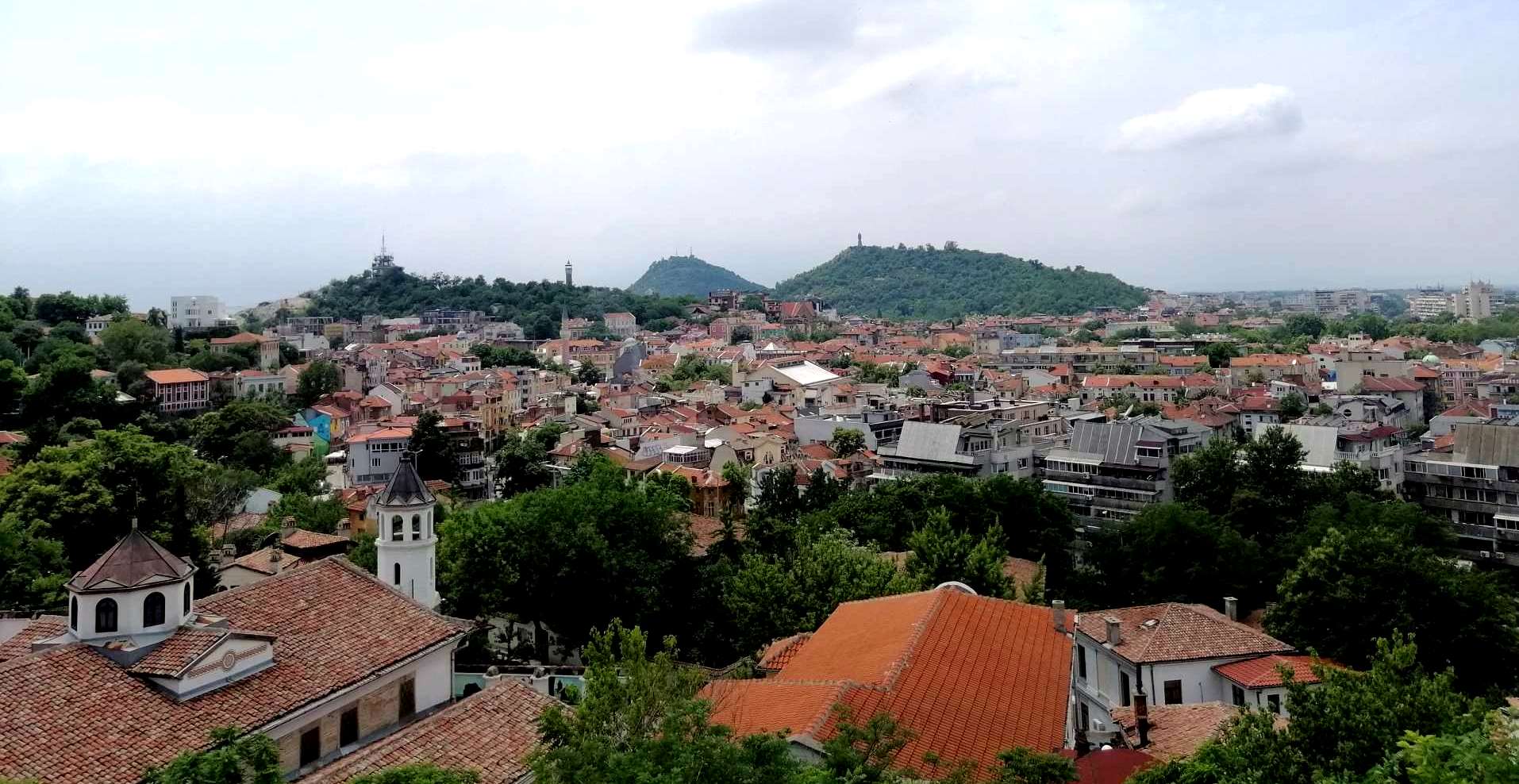
Even when we fly the nest, though, we love to visit our family members as frequently as possible. It could be because we are, without question, hearty people who love to spend quality time with relatives, friends and new acquaintances. So, you can expect to be invited over to your new neighbour’s house more often than not, especially if you decide to settle in a village or a little town.
When moving to Bulgaria, knowing some local language will be helpful, because many older people do not speak proper English – if they speak any English at all – but they will gladly attempt to talk to you nevertheless, and may even teach you some Bulgarian. People inhabiting towns and villages are more ready to get to know you, simply because they are not that engaged with their work life and are more curious about their neighbours than those living in the cities. Therefore, if you are planning to move here to experience the slow living lifestyle, grow your own food, and be close to nature, you better choose a small town or a village where you can buy an inexpensive property (for example if the village is not near the capital Sofia or another major city). Keep in mind that in such a case you will definitely need a car, especially if the village is in the mountains.
If you, on the other hand, move here with intentions to start up a business here or find work, you should orient yourself towards the capital and the other cities. Sofia can be pretty busy and will offer you more options to find a job (mostly in IT, marketing, and finance).
Not by accident, local country people often say: “Sofia is another Bulgaria.” Plovdiv (the second largest city and European Capital of Culture for 2019, holding the title together with Matera in Italy, is notable for its Old Town and art district “Kapana”), Varna (the country’s sea capital where you can check out the world’s oldest golden treasure, held in the city’s archaeological museum), and Burgas (also situated on the Black Sea Coast and blessed with the largest port in Bulgaria plus the second most important airport in the country), are all places where you can mix working with a slow living lifestyle (to some extent) since they are not as hectic as the capital.
That being said, if you envision yourself living here, you should be familiar with the documents you need to settle in Bulgaria. You probably know that EU citizens can stay in the country for up to three months upon their arrival. After that you must apply for a long-term residence permit, and the documents you need to submit to the local Migration Office of the Ministry of Interior depend on whether you are employed or self-employed, insured or self-funded.
In the first case, you need to submit a copy of your employment contract or documentary evidence that you are self-employed. In the second, you need to present proof of valid health insurance (such as your European Health Insurance Card) and evidence of having sufficient financial means, equivalent to one minimum monthly wage per family member (e.g. a copy of a credit/debit card statement).
In both cases you must also submit a completed application form, a valid ID, a rental contract or proof of address, and a payment receipt.
All in all, from a bureaucratic perspective moving to Bulgaria is not much different than moving to any other European country. Below you’ll find some useful links that will help with the process.
Additional information about long-term and permanent residence in Bulgaria (the PDF documents are in English):
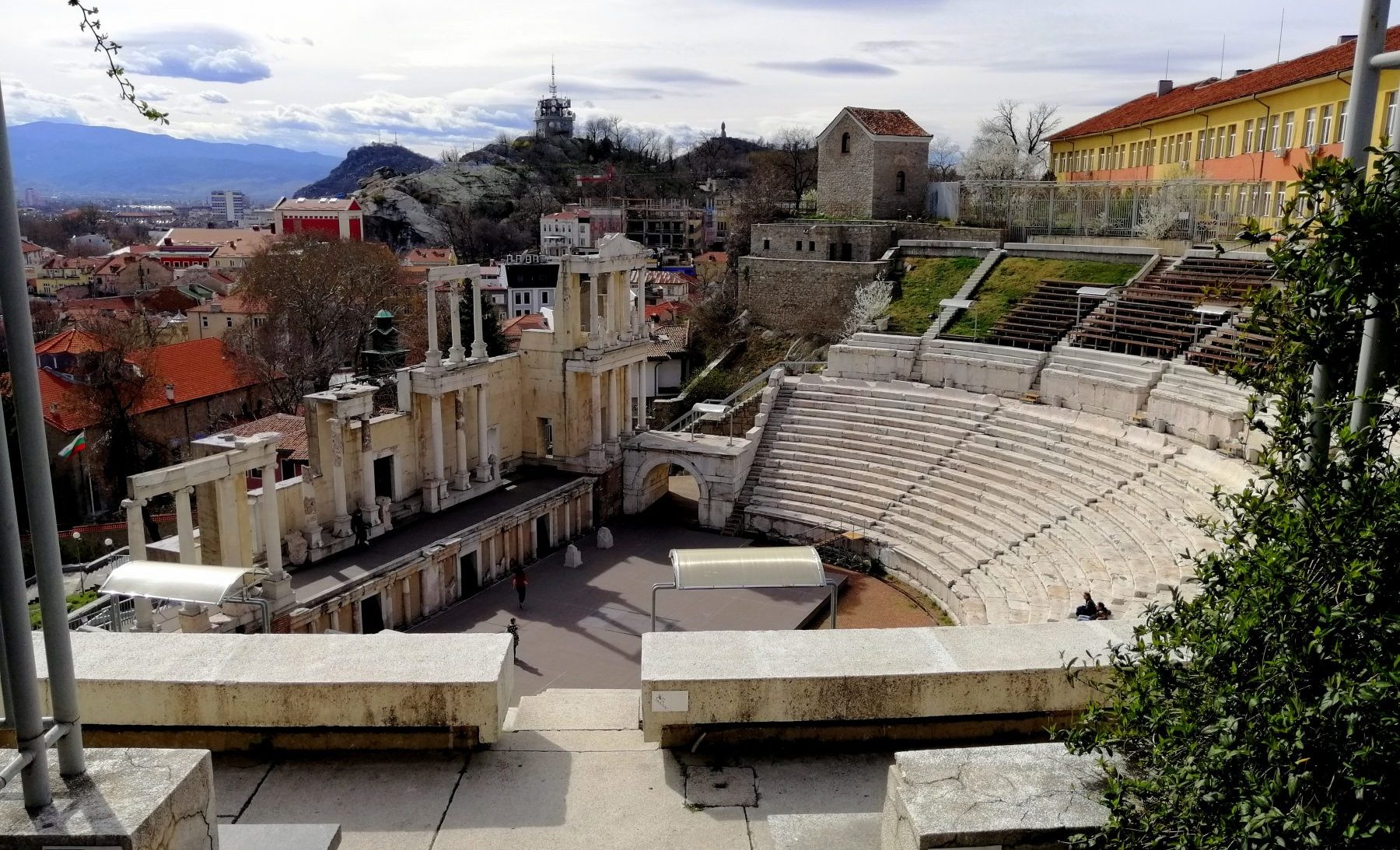
More information about Bulgaria’s traditions and upcoming cultural events and festivals:
https://whc.unesco.org/en/statesparties/bg
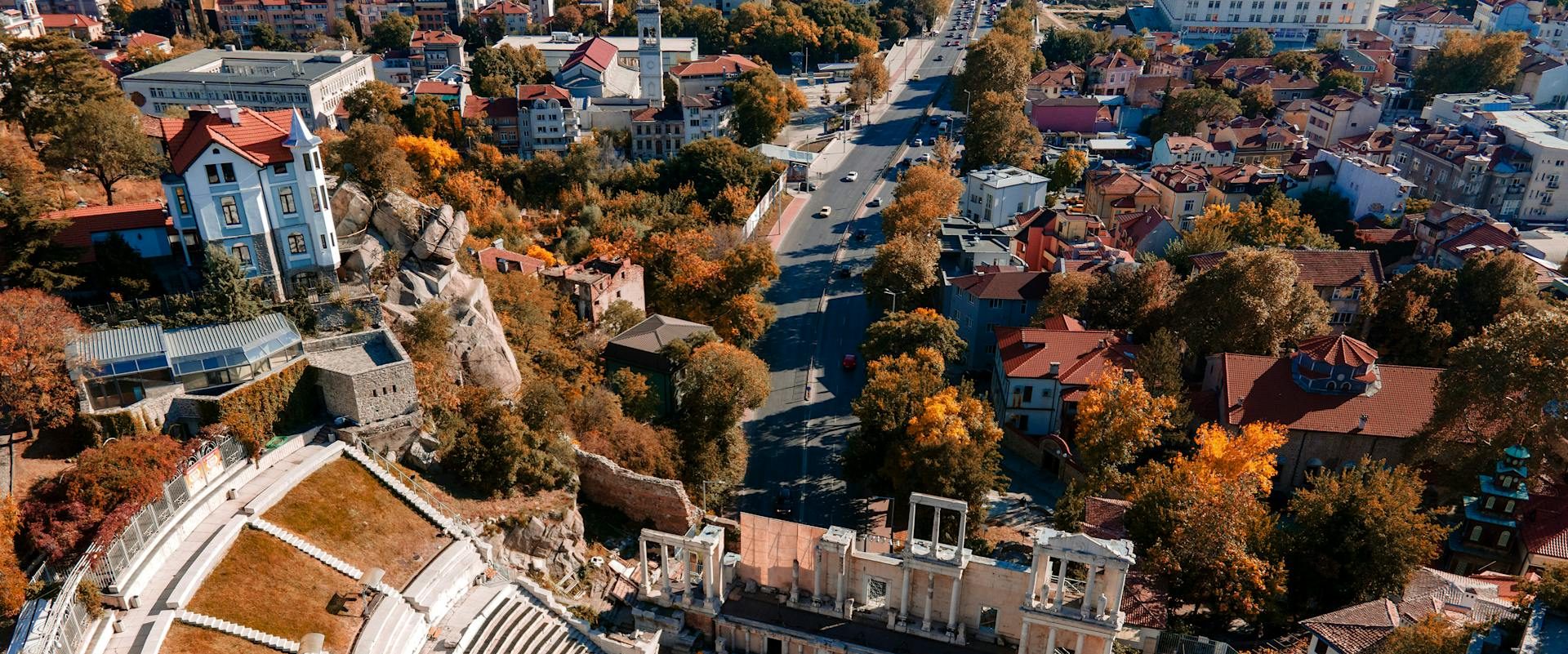 Is Bulgaria a Good Place to Live In?
Is Bulgaria a Good Place to Live In?Is Bulgaria a Good Place to Live In? Bulgaria is in Southeast Europe, and its territory was marked…
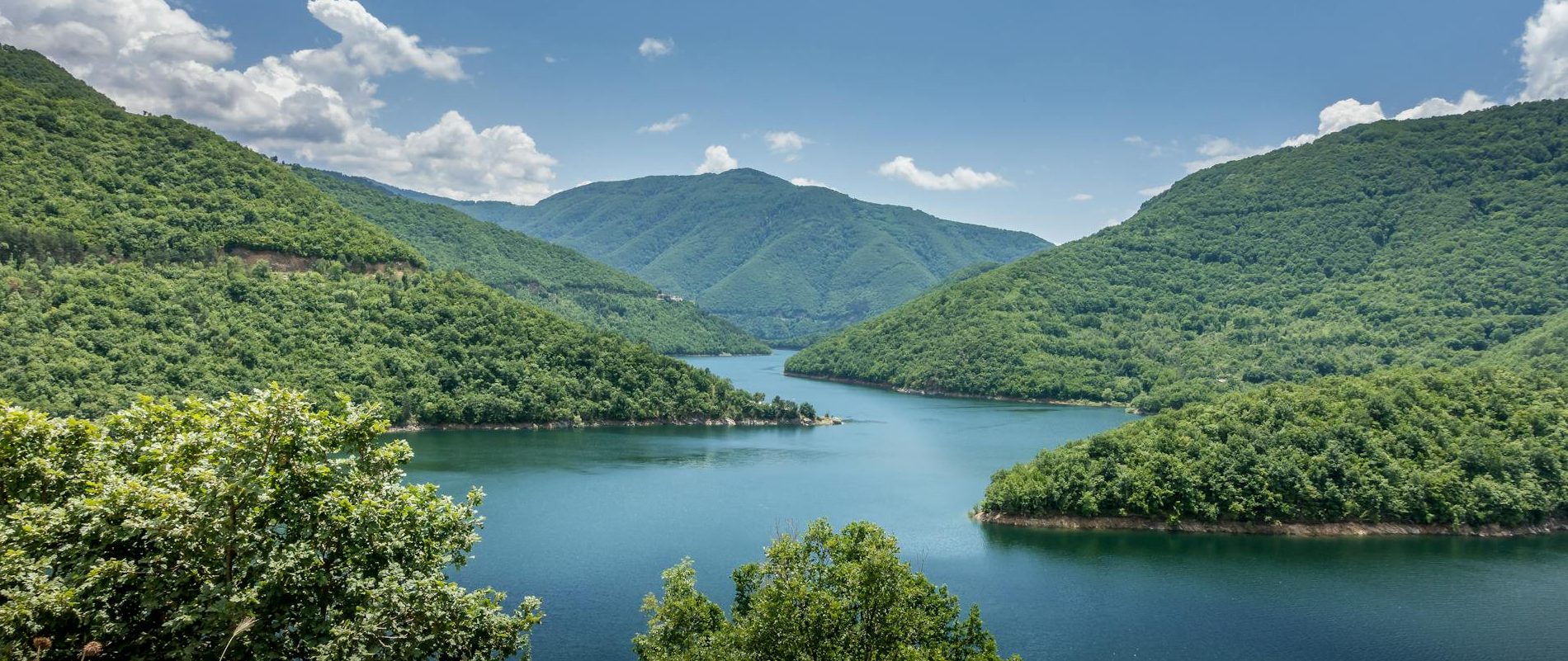 What Does Bulgaria Look Like? A Hidden Gem in Europe
What Does Bulgaria Look Like? A Hidden Gem in EuropeWhat Does Bulgaria Look Like? A Hidden Gem in Europe One of the oldest countries in Europe, nestled…
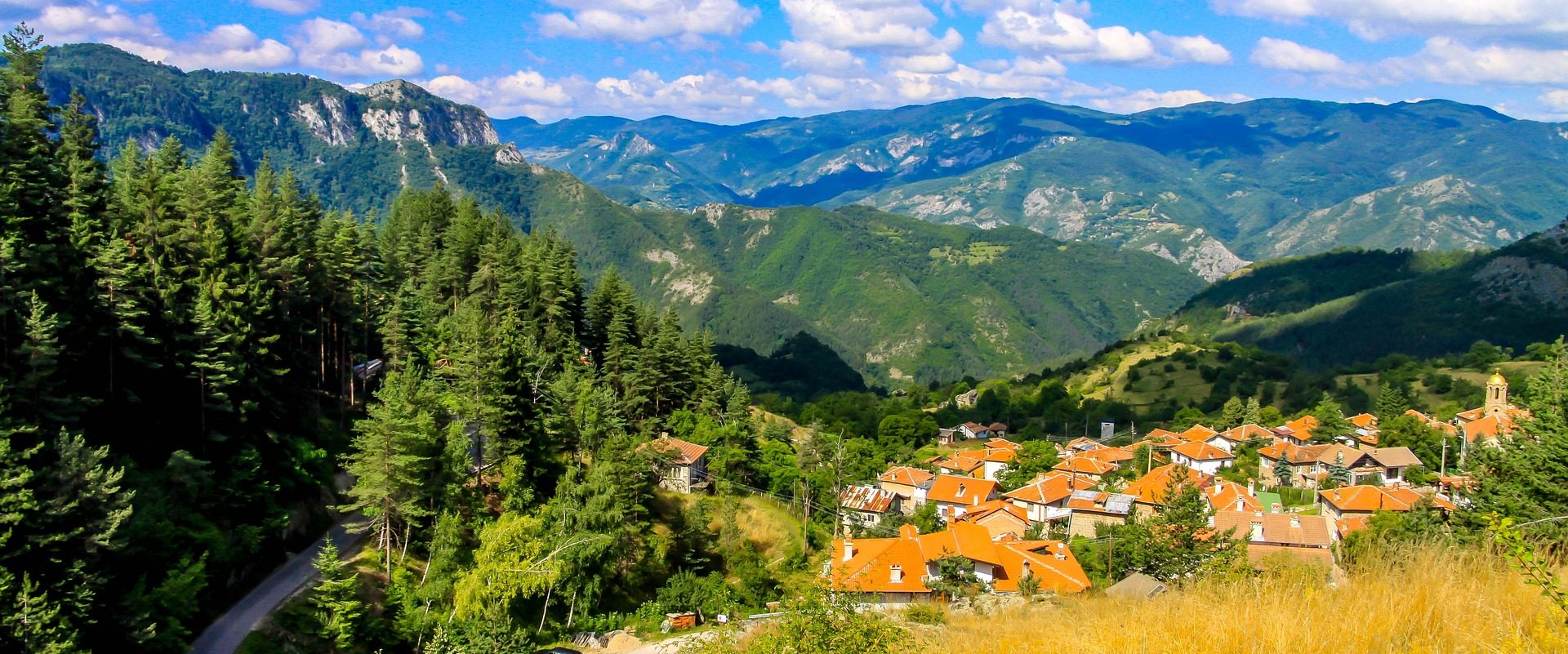 British Expats Living in Bulgaria: Hidden Gem You Were Looking For
British Expats Living in Bulgaria: Hidden Gem You Were Looking ForBritish Expats Living in Bulgaria: Hidden Gem You Were Looking For Bulgaria hints at a bit of magic,…